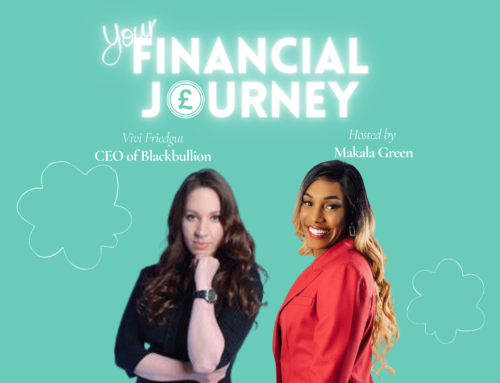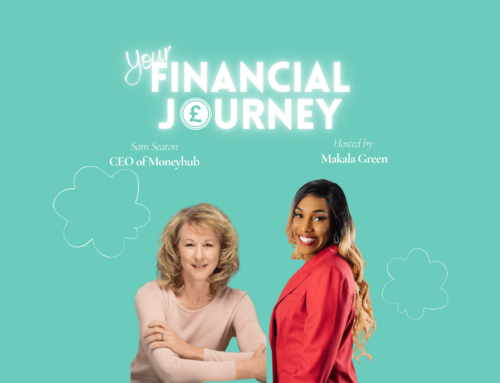Do you have a vision for the lifestyle you want to live but no idea how to get there? Or perhaps you have a plan but after years of doing the extra work you don’t have much to show for it. This can be both frustrating and demoralising but tomorrow is a new day and I’m here to show you how to reach your financial goals.
And here’s the first important lesson – achieving your financial ambitions will allow you to live the life you want. If you don’t have any in place, then you’ll be drifting aimlessly towards a target that doesn’t exist.
I know it can be quite daunting trying to plan your future but let me tell you a little secret… setting goals for your money is exciting.
Achieving them opens new doors, builds new bridges, removes the stress that comes from bills and gives you a new sense of confidence, security and freedom. Just think of where you are now and where you could be in 5 years.
All it takes is a little bit of discipline and persistence, but this begins from creating a target to aim at.
Ready to get started?
OK, let’s dive straight in!
What are financial goals?
A financial goal is something you work towards when managing your money. There are a number of different methods you can use to reach it, including saving, spending, earning and investing. Here are examples of some common financial goals:
• save up for retirement.
• save up for a mortgage.
• save up for a holiday.
• start an emergency fund.
• pay off a loan.
Download Your Free Financial Checklist Workbook
Why are they important?
Financial goals are important because once accomplished, they will elevate your quality of life. To put it simply, how much happier would you be if you could pay off your mortgage? Or afford to go on exotic holidays every year? Or even just not having to worry about bills every day?
Perhaps the most striking thing about setting financial goals is the sudden realisation of just how costly your spending habits are. Here’s an example I like to use with my clients: how much money do you spend a week on coffee?
If you’re a coffee lover like me, then you’ll know that for some reason coffee made for you by a barista tastes a lot better than what you can get at home or in the office. But you’ll also know that a medium cup of coffee at Starbucks is around £2.60.
Picking up a cup every day on the way to work will cost you £13 a week, £52 a month and £624 a year! That’s a holiday you’re drinking, but it doesn’t stop there. If you calculated all of your micro-spending habits I’m certain that you’ll find even more places where you could save money.
This can be a bit of a shock, but it can also be reassuring. All it takes is an improvement in your spending habits and you’ve already got access to another source of funds.
I would suggest aiming for pragmatism and avoid chasing a lifestyle that’s being sold to you by society. By aligning your financial goals with your interests and needs, you’ll be rewarded with a greater sense of achievement when fulfilling them.
And my last bit of advice is this: believe in yourself. Don’t be overwhelmed by the mountain you have to climb and instead just focus on the small actionable steps you can take every day. You can do it but it starts from setting your goals… so get ’em!
If you want to find out further details on how you make maximise your money or plan ahead for future years don’t hesitate to book a consultation here.
Look out for our next personal finance blog and SUBSCRIBE for updates and new content notifications and receive a FREE copy of Your Financial Checklist Workbook.






Everything is very open with a very clear clarification of the challenges. It was truly informative. Your website is very useful. Thank you for sharing!} {visit link|visit my webpage|visit here|visit|visit my website|visit our website|visit my web site|visit my website|Visit %domain_as_name%|visit my website
Hi there! I could have sworn I’ve been to your blog before but after browsing through some of the articles I realized it’s new to me. Nonetheless, I’m certainly happy I found it and I’ll be book-marking it and checking back regularly!
Im very pleased to find this site. I need to to thank you for ones time for this particularly fantastic read!! I definitely really liked every part of it and I have you bookmarked to see new information on your site.